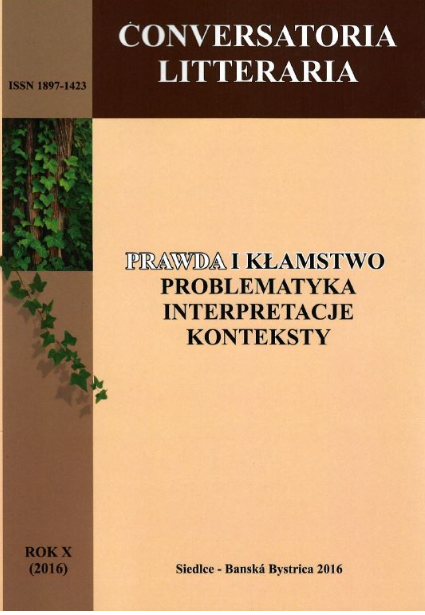ПЕРВЫЕ ПАМЯТНИКИ АРТУРОВСКОЙ ЛИТЕРАТУРЫ ХII в.: НА ГРАНИЦАХ ИСТОРИИ И ВЫМЫСЛА
Słowa kluczowe:
«historia», «fabula», «argumentum», Galfrid of Monmouth, Wace, historiography, fictionAbstrakt
The Latin rhetorical triad («historia», «argumentum», «fabula») was actively used and reinterpreted in the Middle Ages. Macrobius, Isidore of Seville, Geoffrey Map - these are just a few of the authors who have used these categories both for the analysis of literature prior to them and for the analysis of their own works and the works of contemporary authors. This reflection on the form and function of the text also important for the literature written in the vernacular (Wace, Chrétien de Troyes, Guillaume de Lorris, etc.). The authors of the first works of the so-called Arthurian cycle, trying to raise the status of his narrative, insisted on historical accuracy of their texts (this intention was one of the reason for criticism form the so-called «professional historians», one of them was William of Newburgh, the British historian of 12. c.). First works of Arthurian litera-ture (e.g. The History of the Kings of England by Geoffrey of Monmouth, Le Roman de Brut by Wace) were characterized by historiographic claims and by downplaying the proportion of invented elements. The latter was varying be-cause of the language in which the works were written (Latin and Old French) as well as depending on the audience for which the texts were intended.




